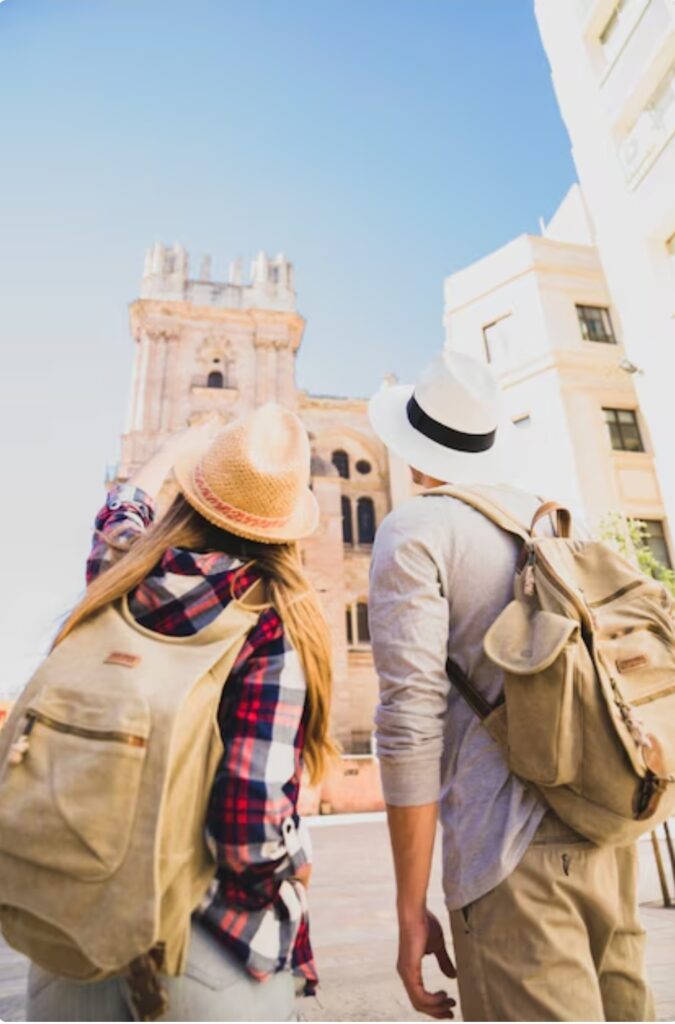Tunisia, the small North African nation renowned for its Mediterranean coastline, historical sites, and diverse culture, has long been a favorite destination for travelers seeking a unique blend of African and Mediterranean experiences. However, with the geopolitical shifts and occasional unrest in the region, many potential visitors find themselves asking, “Is Tunisia safe for travel?” This guide aims to provide a comprehensive answer, addressing various aspects of safety in Tunisia and offering practical tips for travelers.
Current Safety Status
Political Stability
Tunisia has experienced significant political changes over the past decade, particularly since the 2011 revolution which sparked the Arab Spring. The country has made notable strides towards democracy, with regular elections and a relatively stable government. While occasional protests and strikes occur, they are typically peaceful and well-managed by local authorities. It is advisable to stay informed about local news and avoid large gatherings, especially in urban areas.
Terrorism Concerns
In recent years, Tunisia has faced challenges related to terrorism, with high-profile incidents in 2015 impacting its tourism industry. However, the Tunisian government has since implemented stringent security measures to combat terrorism, resulting in a marked decrease in such incidents. Major tourist areas, including Tunis, Sousse, and Djerba, are heavily policed and considered safe for travelers. Visitors should remain vigilant, especially in less frequented areas, and follow travel advisories issued by their home countries.
Travel Safety Tips
Health and Hygiene
Health services in Tunisia are generally good, particularly in urban areas. Travelers are advised to have comprehensive travel insurance that covers medical expenses. It is also recommended to be up-to-date on routine vaccinations and consider vaccinations for hepatitis A and B, and typhoid. Tap water is generally safe in urban areas, but bottled water is advisable in rural regions.
Personal Safety
Petty crime, such as pickpocketing and bag snatching, can occur in crowded places, such as markets and public transport. Travelers should take standard precautions: avoid displaying valuables, keep bags secure, and be aware of their surroundings. Using hotel safes for passports and other important documents is also a good practice.
Transportation Safety
Tunisia has a well-developed transportation network, including buses, trains, and taxis. Public transport is generally safe, but travelers should be cautious of overcrowded buses and trams, particularly in Tunis. Taxis are a convenient way to get around, but it is advisable to use officially marked cabs and ensure the meter is running or agree on a fare beforehand.
Tourist Attractions and Their Safety
Tunis
The capital city, Tunis, offers a vibrant blend of modernity and tradition. The Medina of Tunis, a UNESCO World Heritage site, is a must-visit. The area is safe during the day, but it’s recommended to explore it with a guide or in a group. The Bardo Museum, home to one of the world’s most important collections of Roman mosaics, is also heavily secured and safe for visitors.
Sousse and Monastir
These coastal cities are popular for their beautiful beaches and historical sites. The Medina of Sousse, another UNESCO World Heritage site, is well-patrolled by local police. Similarly, Monastir’s Ribat, an impressive fortress, is safe for exploration during daylight hours.
Djerba
The island of Djerba is famous for its beaches, handicrafts, and the El Ghriba Synagogue, one of the oldest synagogues in Africa. Djerba is considered safe for tourists, with a strong police presence in tourist areas.
Practical Advice for Travelers
Cultural Sensitivity
Tunisia is a predominantly Muslim country, and it is important for travelers to respect local customs and traditions. Modest clothing is advisable, especially when visiting religious sites. During the holy month of Ramadan, travelers should be aware of the daytime fasting and be considerate by not eating or drinking in public.
Emergency Contacts
In case of emergency, the police can be contacted by dialing 197, and medical emergencies can be addressed by dialing 190. It’s also wise to keep the contact details of your country’s embassy or consulate handy.
Language and Communication
While Arabic is the official language, French is widely spoken, and English is increasingly common in tourist areas. Learning a few basic phrases in Arabic or French can enhance your travel experience and assist in navigating local interactions.
Conclusion
So, is Tunisia safe for travel in 2024? The answer is a cautious yes. With its rich cultural heritage, stunning landscapes, and improved security measures, Tunisia remains a fascinating destination. By staying informed, respecting local customs, and following practical safety tips, travelers can enjoy a memorable and safe visit to this beautiful North African gem.

